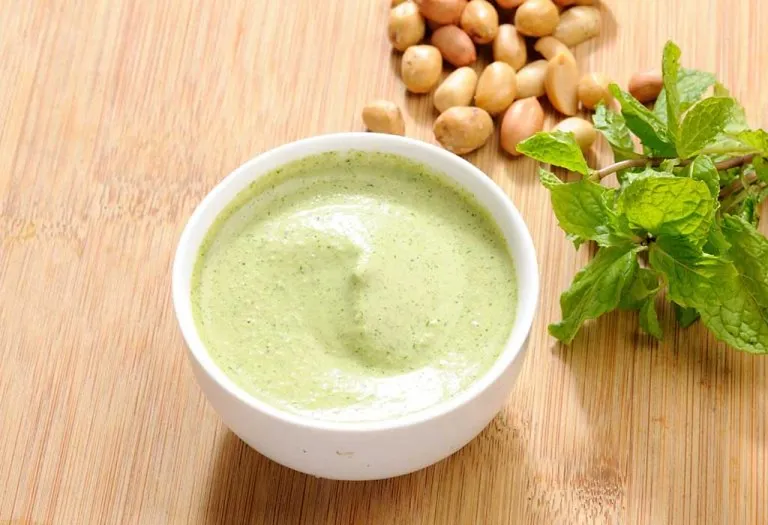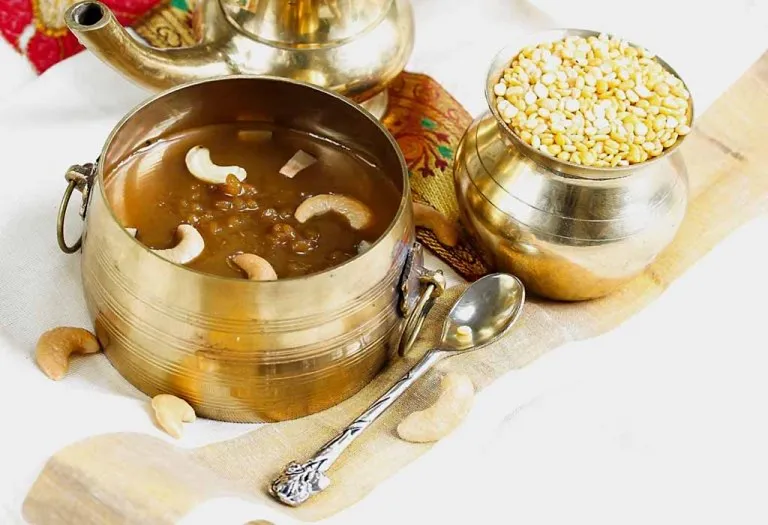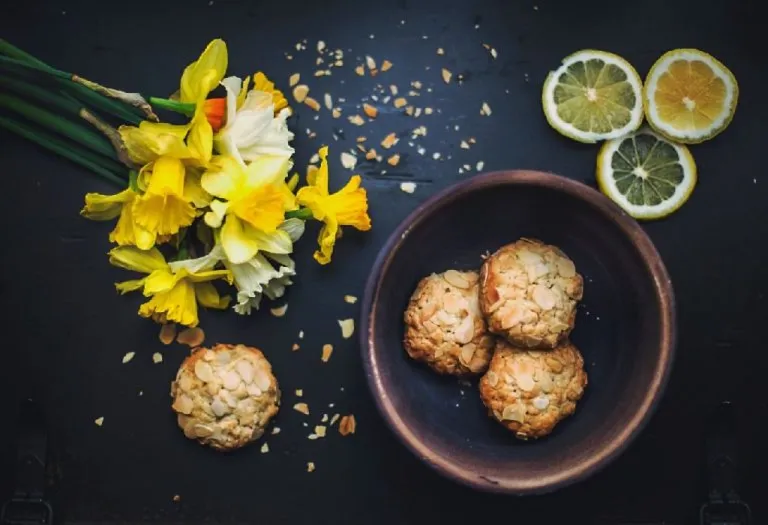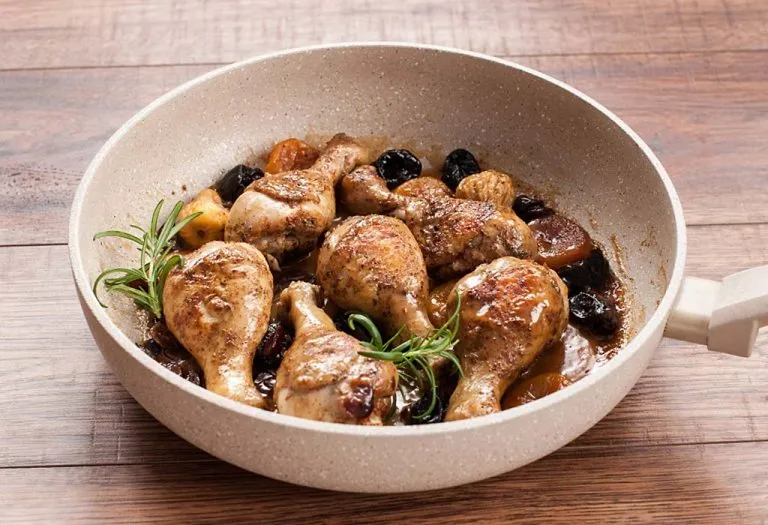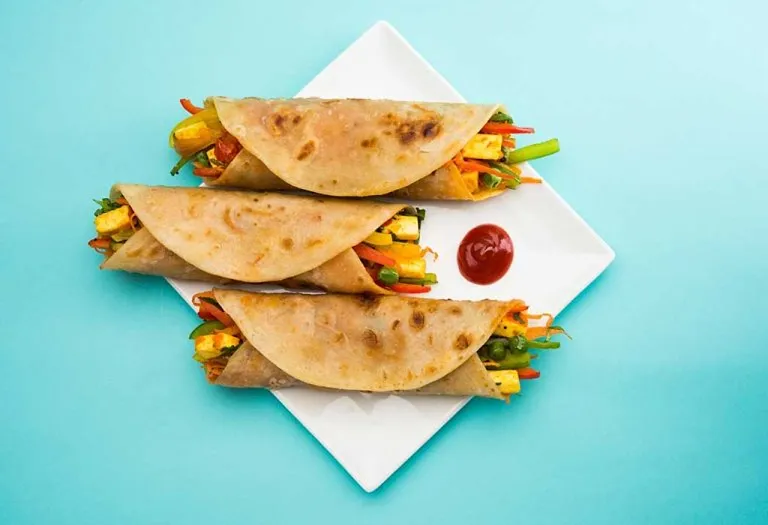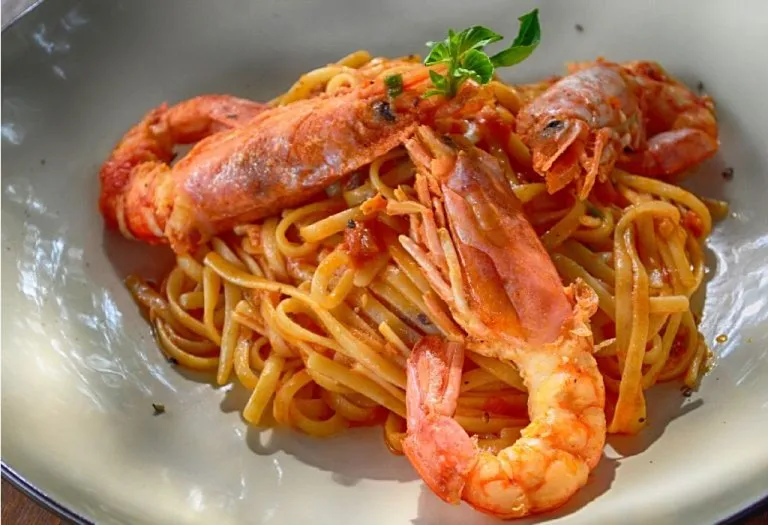Peanut Chutney
| Serves | Preparation Time | Cooking Time |
|
4 People
|
5 Minutes | 15 Minutes |
Ingredients
For chutney
- 1/2 cup peanuts
- 1 tbsp (tablespoon) chana dal
- 1 tbsp urad dal
- 5 green chilies
- 1 small piece ginger (optional)
- Salt to taste
To temper
- 2 tsp (teaspoon) oil
- 1/2 tsp mustard
- 1 tsp urad dal
- 2 pinches asafoetida (optional)
- 1 sprig curry leaves
Method
Step 1
Dry roast peanuts in low flame. Stir occasionally for even roasting.
Step 2
Once they turn light brown and crisp, transfer to a plate for cooling.
Step 3
While the peanuts cool, roast chana and urad dal with a teaspoon of oil.
Step 4
Add green chilies to it and fry.
Step 5
Allow to cool.
Step 6
Once the peanuts cool, remove the skin of the peanuts completely.
Step 7
Place in the mixer.
Step 8
Grind with ginger(if desired), salt and water.
Step 9
Grind to a smooth paste.
Step 10
Adjust consistency with water to make it runny.
Step 11
To temper, heat one teaspoon oil. Once the oil is heated, add mustard seeds.
Step 12
Once mustard seeds begin to crackle, add asafoetida or hing, curry leaves and ural dal to it.
Step 13
Saute for 1 minute and turn off the flame.
Step 14
Temper over the smooth chutney paste, mix well and serve.
Nutritional Information
Serving size: 1 tbsp
| Calories | 59 | Sodium | 148 mg |
| Total Fat | 6 g | Potassium | 79 mg |
| Saturated | 3 g | Total Carbs | 3 g |
| Polyunsaturated | 0 g | Dietary Fiber | 1 g |
| Monounsaturated | 0 g | Sugars | 1 g |
| Trans | 0 g | Protein | 2 g |
| Cholesterol | 0 mg | Vitamin A | 0% |
| Calcium | 0% | Vitamin C | 0% |
| Iron | 0% |
*Percent Daily Values are based on a 2000 calorie diet.
Your daily values may be higher or lower depending on your calorie needs.
Was This Article Helpful?
Parenting is a huge responsibility, for you as a caregiver, but also for us as a parenting content platform. We understand that and take our responsibility of creating credible content seriously. FirstCry Parenting articles are written and published only after extensive research using factually sound references to deliver quality content that is accurate, validated by experts, and completely reliable. To understand how we go about creating content that is credible, read our editorial policy here.






